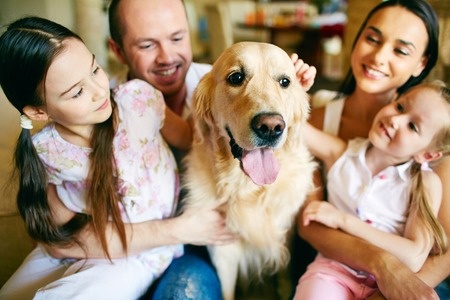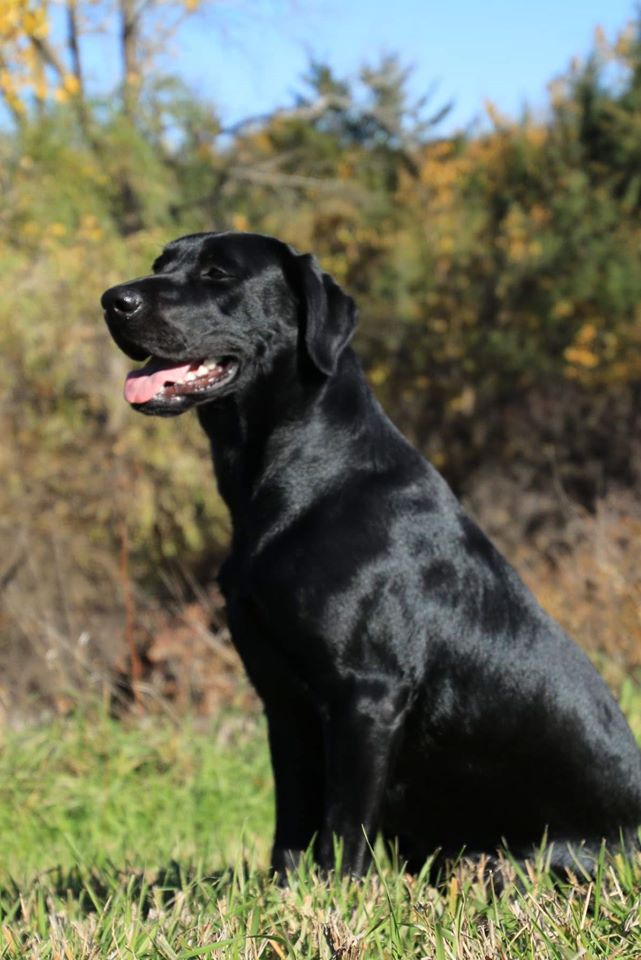
Socializing your animal is crucial on so many levels. This means how the animal interacts with animals and people other than its master. Including just the owner or master as a gage of interaction is a skewed measurement. This is because most animals recognize the person who feeds them and cares for them… It’s how they interact with perfect strangers that are the true tests.
The process by which your animal relates to the world around it, including people, dogs and other animals, is what determines how well socialized your furry friend is. This is precisely why wild animals are so dangerous to people; because they are not familiar with- nor have they interacted with- mankind. For starters, it’s quite obvious whether an interaction is positive or negative.
If you meet an animal and it’s friendly but not aggressive and generally pleasant to be around, then it is likely well socialized. However, if you meet and animal and it aggressively growls at you or is overly excited, jumping and barking, then it is unlikely well socialized. This principle brings into question the degree of quality and quantity of the animal’s exposure to beings, human and otherwise.
Before twelve weeks in age, a puppy is most sensitive to socializing experiences. Any positive interaction they have in your home and your backyard will last a lifetime. After 3 months in age, the puppy is ready for socialization with other animals. It is encouraged puppy school or obedience training for the ultimate socializing experience. This is mainly because you pet can interact and relate to others of their own species.
Socialization will determine what kind of personality your dog will carry with him his entire life. A well-socialized dog is a happy dog, which entails a few extra components, including being welcoming, friendly, and trusting to those it interacts with throughout its lifetime.

